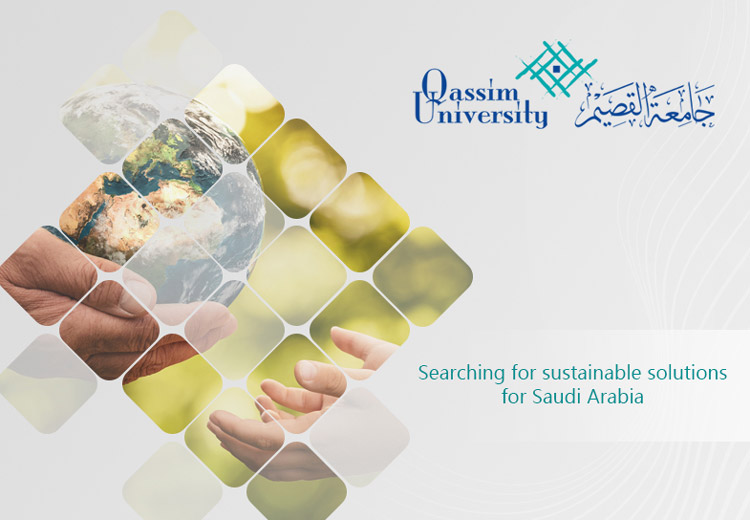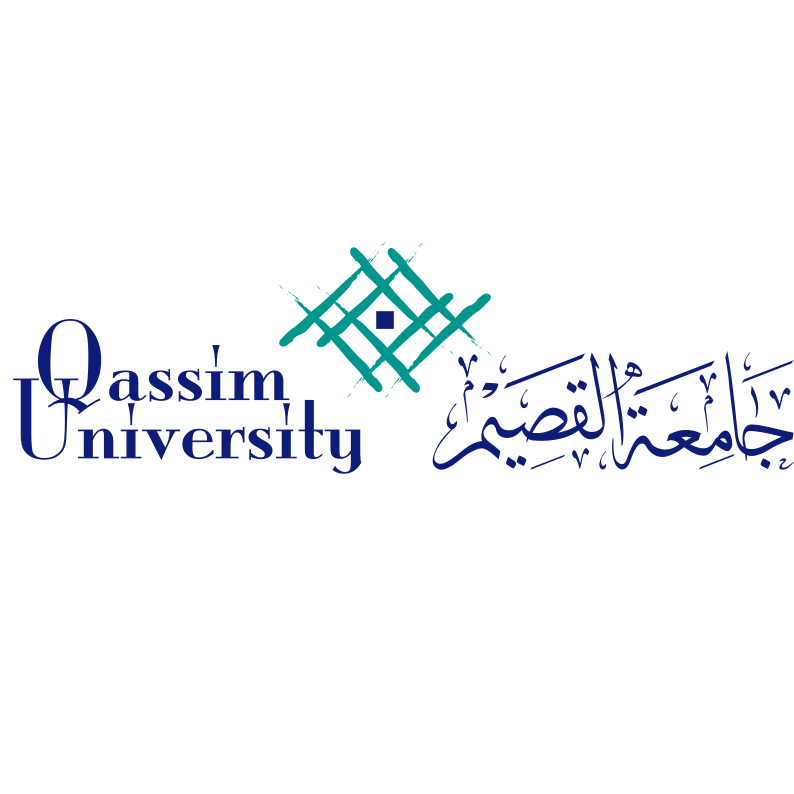Searching for sustainable solutions for Saudi Arabia

Sponsored by

Sponsored by

Researchers at Qassim University are using the latest technologies to find sustainable power sources and environmentally friendly water management techniques
From turning date palm tree waste into renewable energy to harnessing the power of the sun, Qassim University is on a mission to find sustainable power solutions.
Investigating sustainable developments in energy, water and environmental engineering is one of the university’s 10 priorities, set out in its 2020 to 2024 research strategy.
Sustainable technologies are crucial in Saudi Arabia, where wastewater, municipal and construction waste and air pollution pose environmental threats. The Saudi Vision 2030 has set a target to power half the country with renewable resources by 2030.
Qassim University is working on a host of solutions, from sludge management and waste recycling to sea and groundwater desalination.
One notable project, led by Professor Sulaiman Alyahya, is examining how this waste from date palm trees can be transformed into renewable energy.
The central Al-Qassim province has more than 8 million date palm trees. The trees produce a large amount of agricultural waste including dry leaves, stems and seeds. “A quarter of the date palm is waste and many of the farmers burn that waste, which of course produces CO2 emissions and harms the environment,” says Alyahya. “We are really concentrating on how to convert this waste to energy.”
An international group of researchers, including scientists from Iowa State University, is investigating how the latest technologies can turn the waste into renewable energy forms like biomass, bio-oil and biogas.
The researchers are using the new technique of autothermal pyrolysis, developed by Iowa State University’s Bioeconomy Institute. The process is simpler and cheaper than conventional pyrolysis and does not require an external energy source.
“If we achieve this goal to convert the waste of date palms into energy, Saudi Arabia will have a reduction of almost 8,000 tonnes of CO2 emissions,” says Alyahya. “We will stop burning the waste of agriculture and at the same time create richer products.”
Solar power research is another focus for Qassim University. Dr Muhannad Alaraj, an assistant professor in the university’s Department of Electrical Engineering, is exploring how photovoltaic panels can transform light into power.
“We are investigating the economic effectiveness of PV panels in the Al-Qassim region. We’re also studying the effect and forecasting for those PV panels and we currently have a small PV system from which we are collecting the data,” says Alaraj.
“We have to consider the weather conditions and meteorological parameters. This is really important because in our region we have mostly sunny days, but sometimes there are sandstorms or clouds. We are trying to see the effect of this weather on PV panels. This will be really helpful to build a model to predict or estimate how much power or energy we will get from this PV panel each day.”
As one of the world’s most water-scarce nations, Saudi Arabia also needs innovative ideas for renewable water sources.
Dr Saleem AlSaleem, from the College of Engineering, is working on water and wastewater treatment, such as greywater treatment and using solar energy to treat saline water. His team is also developing solutions for solid waste management and tackling noise pollution.
AlSaleem is a member of the university’s Sustainable Development Centre, which oversees Qassim’s progress in its sustainability initiatives. The centre runs four greening projects, focusing on the curriculum, the campus, research and the university as an organisation.
AlSaleem and his colleagues say collaborating within and outside the university is important for a successful research project. Qassim’s scientific research deanship has launched a number of international cooporation grants and encourages faculty members to apply. “We can improve our work by encouraging collaboration,” says AlSaleem. “I am working with water companies and municipalities inside Saudi Arabia, and we also collaborate with researchers outside the country. For example, I am working with one professor in Malaysia and another in Italy.”
The university’s future research into sustainable developments will be boosted by a recently announced research chair for artificial intelligence. The chair will fund studies into AI across the university, including in agriculture and engineering.
“I’m currently working with five teams to see the role artificial intelligence can play in agriculture and renewable energy,” says Alyahya.
Find out more about Qassim University.